I often walk in our Athens suburb with my two preschoolers. Double strollers are not a possibility in Athens because the sidewalks are a national disgrace — every day I find myself throwing a mini fit because of a crack that I can’t manage to get past, or a tree planted in the middle of the walk that forces me onto a busy street. Oh yeah, and there’s that thick black plastic yard waste bag that’s been there for so long that it’s now part of the earth, but people have decided it’s fine to put their trash in it. . . Honestly, it’d be therapeutic for me to vent about the sidewalks right now, but clearly that’s not the objective.
So, I walk with my oldest in the stroller and my toddler on my back in a carrier. I had done this in the States, too, and it didn’t seem like anything out of the ordinary, but since moving to Greece, I’ve received comments almost daily about how amazing this is or how strong I must be. Once a woman at a stoplight rolled down her car window and yelled, “Η Μαμάδες κάνουν τα πάντα…! (Mothers can do anything!),” pumping her arm in solitude and encouragement. Another time a woman that I pass often on walks threw her arms up in the air and said in a thick accent, “You are an American hero!”
In my experience, Greeks are pros at sharing their opinions with strangers, wanted and unwanted. When we had a dog, people gave unsolicited advice on the type of collar she wore and yelled at us out of their car window (apparently this is a thing) to clean up after her when nothing had happened. Recently, while my kids were playing in a small square, a woman stopped to tell me that I should always hold my four-and-a-half-year old’s hand so he wouldn’t fall (in my mind, a ridiculous comment, even if it means he falls on occasion). It’s a mixed bag, but in general I find that people here tend to be more open, more so than I experienced growing up in Illinois.



While I don’t intend to start telling strangers how to raise their kids or to buy a new dog leash, the words of encouragement yelled out by strangers make me pause and realize that what, for me, are boring everyday tasks can seem amazing to someone else. When comments come from elders without the physical ability to carry a child, it gives me a moment to be grateful for my strength and what my postpartum body can do, bringing me out of a body-shaming mindset. Comments from parents of slightly older children that miss having their kids close reminds me that I’ll miss these early years. Because parenting can at times be mundane and repetitive, and it’s easy to lose perspective and get into habits without much thought, these shout-out moments (and they are real SHOUT-outs coming from Greeks) are bright spots in my days. They stick with me as a reminder that what I’m doing isn’t pedantic and boring, but actually remarkable. They also, in turn, make me want to encourage other strangers and friends I may encounter.
To me, the mundanity of parenthood in some ways parallels the lives of musicians. Like many artists, we devote so much time to repetitive and detailed work. This process includes critical listening, something that is essential for learning and progressing; yet it’s easy to fall into the trap of being only critical and not allowing space to “yay yourself” or others. Growing up in competitive atmospheres where the goal is to be better than everyone else, this mindset can offset the balance of enjoyment, making the goal more important than the process — a gloomy way to approach music, instead of seeing the joy and art we are all sharing.
This practice of criticism doesn’t just affect the way we hear ourselves and others; it shapes our entire music culture. It’s not uncommon to hear of performers working in hostile environments, like former Chicago Symphony Orchestra principal flutist Donald Peck and principal oboe Ray Still who sat and played next to each other for decades but didn’t speak, or any of the many troubling stories conveyed in oboist Blaire Tindall’s book Mozart in the Jungle.
So what do we do to cultivate something different, in our own minds and in our art communities? At the risk of sounding Pollyannaish, I believe a simple way to bring us out of this narrow focus on the rough road below us, is to start sending shout-outs — to “yay” ourselves and those around us, Greek-sidewalk-style. Cheering on ourselves, our students, and our colleagues in our music-making spaces can create a more positive atmosphere (and you don’t need to do it from a moving vehicle). We, as arts teachers, can model kindness and enjoyment of our art and bring ourselves and others out of the mindset of the mundane, showing that something truly exceptional is happening in the process of our repetitive, often critical practice. Eventually, “yay”ing will become the norm, our students can become “yay” ambassadors, too, and we’ll build an environment that later artists can enjoy.

So now, I ask you to join the conversation: When was the last time you enjoyed interacting with your own craft and gave yourself a little shout-out in your head? Is this difficult for you to do? Do you have a memory of someone encouraging you that you didn’t expect but that changed your outlook? Do you regularly find ways to encourage other artists, and if so, how does it change your relationship with the artist/art as an audience member/viewer/reader? How does it change your relationship with yourself as an artist?
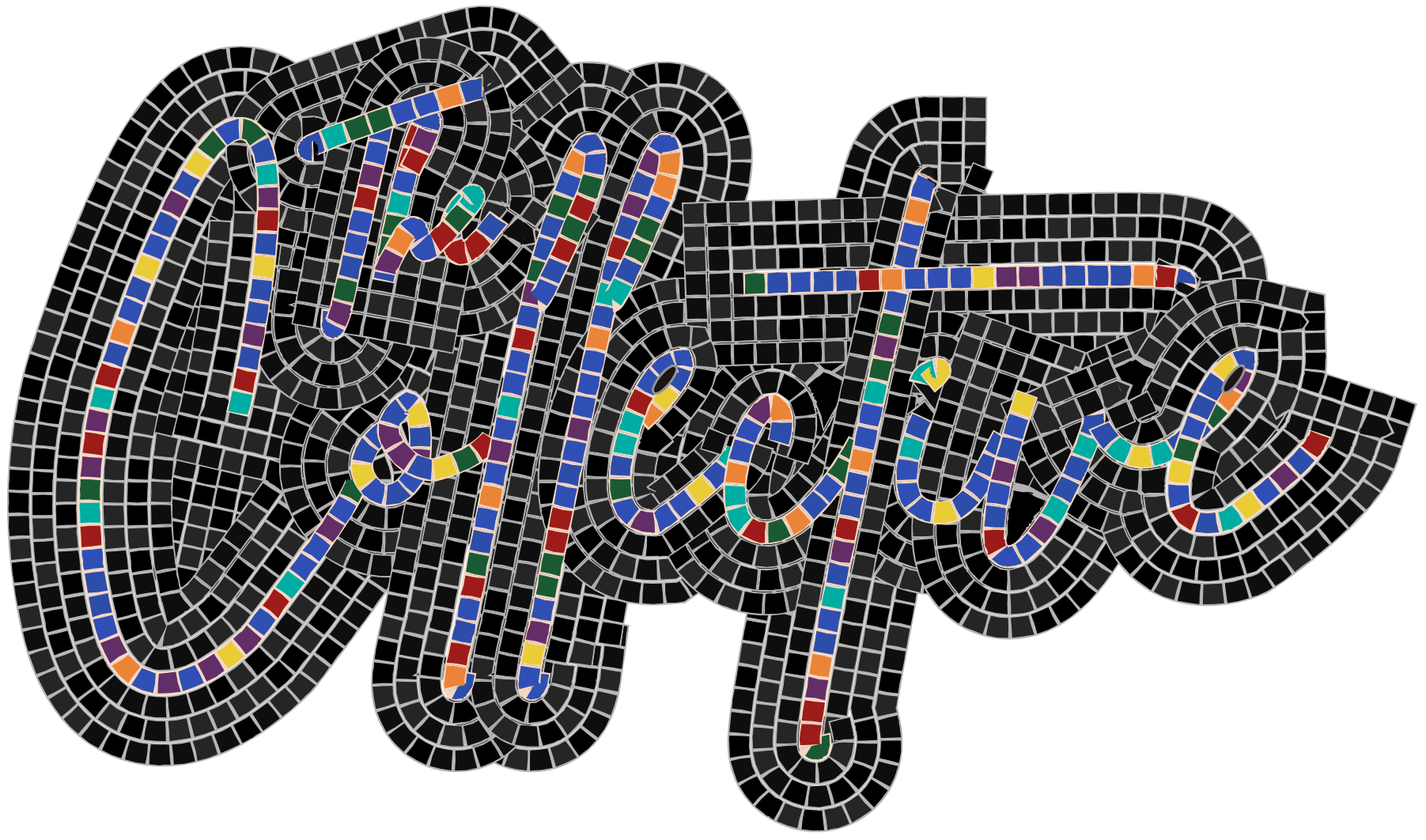
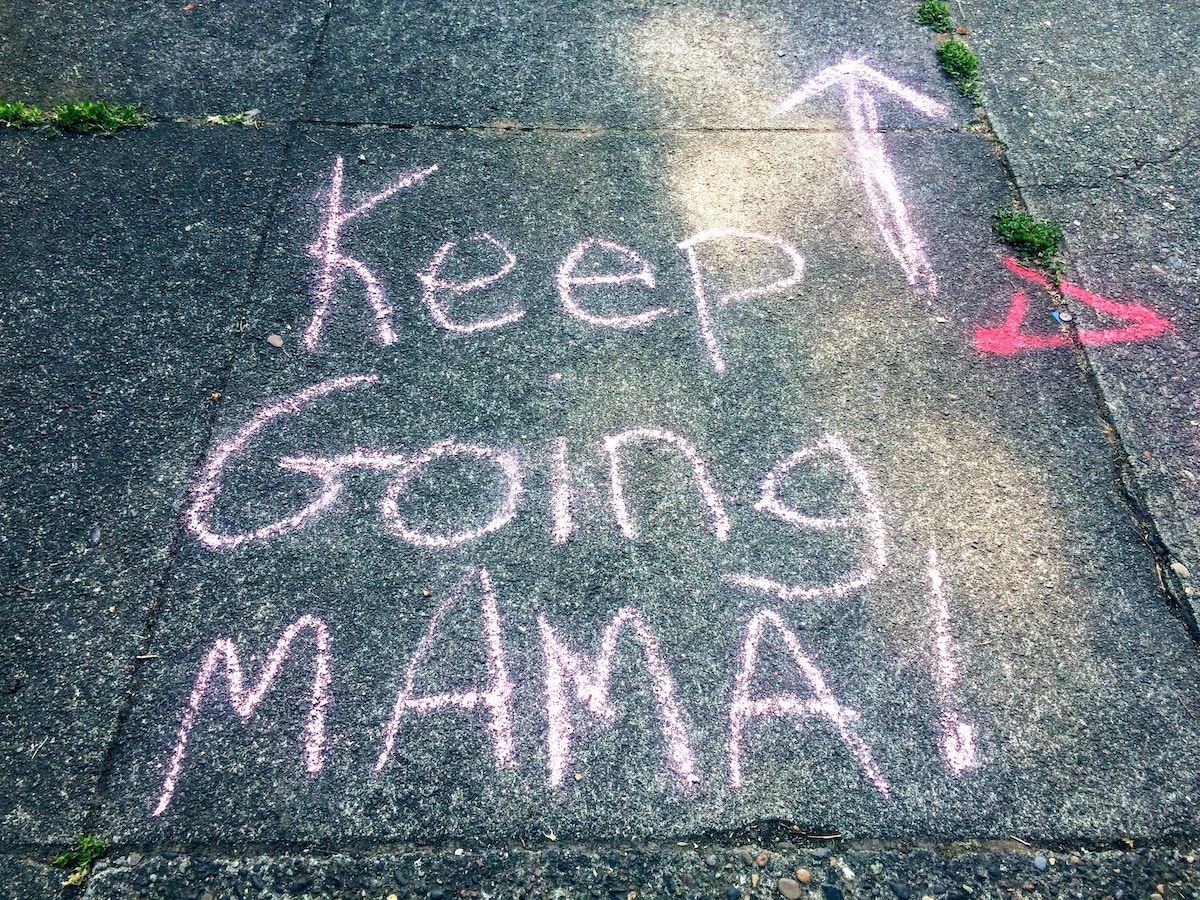

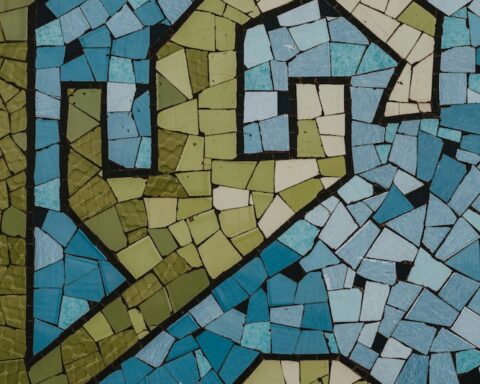
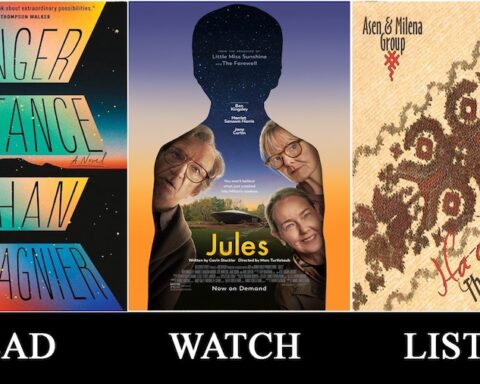
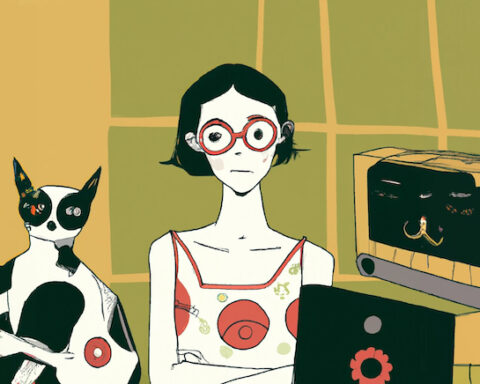


Beautiful Jill!! “Yaying” you from afar and always celebrating your global strength, love, compassion, and openness.
You are amazing Ingrid! Thank you for reading it and for always being one to encourage others. (and sorry I am just replying now!)
I am always so impressed by you and your enthusiasm! YEAAAA! Lisa
Oh I never replied last year. Thank you for reading this Lisa! I have learned from the best about being encouraging (like you).
Our Athenian suburb has lines of olive or Seville orange trees down narrow sidewalks. Very pretty. Everyone takes walking in the road for granted, so motorists are aware and cautious. Your area seems busier, probably less safe. I think Greeks love interactions with other human beings. Yay to them and to you! (I like to “yay” student musicians on youtube, if they play a piece I -also a student musician- have played; they often respond, so a nice feeling both ways. Yay!)
Thank you for your comment fellow Athenian (and for reading the article)! That sounds very nice! I am a bit jealous because I find it hard to find a good place to walk without being worried about motorists even when we are off the main roads (north suburbs). Keep up the “yaying” love it!